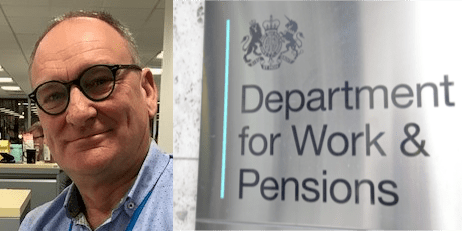
Cross government work has taken place with 9 local areas to test innovative approaches for working with families where there is an alcohol dependent parent. The aim was to consider the family as a whole, bringing treatment and children’s services together to improve treatment outcomes and improve child outcomes.
What was the project?
The Children of Alcohol Dependent Parent Innovation Fund was a collaboration between DHSC, DWP and the then PHE. It owed its genesis to the growing number of politicians, celebrities and others sharing their childhood stories about life with an alcohol dependent parent. Those childhoods cast a long shadow into later life and a movement called for action to make childhoods the best they can be by helping parents manage their dependency. The fund also asked for an additional focus on inter-parental conflict which we know has a bidirectional relationship with alcohol consumption
9 areas successfully bid for the innovation fund setting out ways that they wanted to work with parents who had a dependent relationship with alcohol. The notion of whole family working has been with us for some time and the aim was to see how we can connect family services with the treatment system so that we spread the focus to include children’s well-being.
The relationship between alcohol and inter-parental conflict was explored in a DWP review: Examination of the links between parental conflict and substance misuse and the impacts on children’s outcomes. The review identified support that can help to develop a set of skills in parents and children:
- Helping parents to take responsibility for their actions and to understand the impact of their actions on their families
- Improving communication between a couple and within the family as a whole
- Skills training focused on emotional coping strategies, both to manage triggers to alcohol use and to improve parenting practices and conflict management
Project Success
These are all important factors in working from a whole family perspective and are an integral feature of many of the projects funded. One project noted a knock-on effect of successfully engaging the whole family in the reducing parental conflict intervention. Where initially children or those not drinking at high levels of alcohol were reluctant to engage, the value of addressing parental conflict and high risk drinking together in a whole family approach led to participants being engaged in addressing other problems in their lives.
The projects recognised that individual approaches are required, because in order to understand a person you must understand their world, and their world may be one of complexity with a range of issues contributing to their circumstances. Joining the system is important because if we want good outcomes we need healthy systems and what the projects have shown is how to create such a healthy system around alcohol dependency and parental conflict.
Timko et al (2018) provide further evidence in research into the concerned other and the drinker in treatment, which concluded that reducing both relationship stressors and the link between stressors and poor functioning can be achieved through education and intervention for both parties.
A project representative reported:
“We’re trying to make sure that the workers we’ve got on the project are making use of the skills they’ve got on parental conflict with the families they’re working with. They’re seeing that underneath the alcohol misuse is the more destructive conflict issue and often alcohol is just the symptom”.
Reflections
I personally have gained much from my involvement with the innovation fund. The enthusiasm and commitment of the team supporting the projects in government departments has had a direct impact on improving lives. Those who have delivered such a range of approaches to help families deserve mention for the way they have created outcomes by creating healthy systems locally.
I will leave the last word to a parent in one of the innovation fund projects:
“Words can’t describe how much the service has helped me, my worker understands addiction and how hard it is being a parent and trying to do the right thing”.
Nice when things work out!
Written by Patrick Myers, Senior Ambassador, Reducing Parental Conflict Team, Department for Work & Pensions | patrick.myers@dwp.gov.uk
All IAS Blogposts are published with the permission of the author. The views expressed are solely the author’s own and do not necessarily represent the views of the Institute of Alcohol Studies.
